
David Spielman
Director, Innovation Policy and Scaling (IPS), Innovation
Policy and Scaling

Back
With research staff from more than 60 countries, and offices across the globe, IFPRI provides research-based policy solutions to sustainably reduce poverty and end hunger and malnutrition in developing countries.

researcher spotlight
Eliot Jones-Garcia is a Senior Research Analyst with the Natural Resources and Resilience Unit based in Washington, DC. His research focuses on human-AI interaction, user-centered design, and the ethical and responsible development of AI. Eliot is currently finalizing a PhD on the digitalization of agricultural advisory services at Wageningen University & Research.

Back
Since 1975, IFPRI’s research has been informing policies and development programs to improve food security, nutrition, and livelihoods around the world.

Back
IFPRI currently has more than 600 employees working in over 80 countries with a wide range of local, national, and international partners.
Food security means that all people, at all times, have physical, social, and economic access to sufficient, safe, and nutritious food that meets their food preferences and dietary needs for an active and healthy life.
Over the coming decades, a changing climate, growing global population, volatile food prices, and environmental stressors will put significant pressure on food security. Adaptation strategies and policy responses to global change—including options for handling water allocation, land use patterns, food trade, postharvest food handling and processing, and food affordability and safety—are urgently needed.
Achieving food security for all is a central goal of IFPRI’s policy research, which prioritizes meeting critical nutritional needs (including dietary diversity and micronutrients) for human well-being and development.
At the global level, our work looks at how trade and investment can increase food security sustainably. At the national level, our researchers use foresight and policy modeling tools to inform decision-makers and stakeholders on policies and investments that can contribute to food security by reducing poverty and boosting productivity sustainably. Researchers also conduct analysis of innovations to make food value chains more efficient (including by reducing food loss and waste) and programs intended to support food security, including social protection programs, to determine what works in particular national contexts. IFPRI also looks for ways to improve monitoring and analysis of food crisis risks, link humanitarian and developmental responses when addressing food crises, promote adoption of sustainable agricultural technologies and building resilience to shocks, which can promote food security, and at managing trade-offs, such as balancing the nutritional benefits of meat against the ecological costs of its production. Analysis of crisis response and impacts of migration also focuses on how policy responses can reduce food insecurity and contribute to sustainable development in fragile situations.IFPRI’s research on this topic is closely aligned with the Sustainable Development Goals (SDGs), including SDG 1, SDG 2, and SDG 3, and the CGIAR Impact Areas Nutrition, Health, and Food Security; Poverty Reduction, Livelihoods, and Jobs; and Gender Equality, Youth, and Social Inclusion.


Journal Article

Journal Article
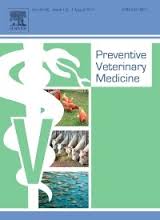
Journal Article

Modeling a growing risk.

Ongoing conflict takes a rising toll.

One of the world’s most complex humanitarian emergencies.
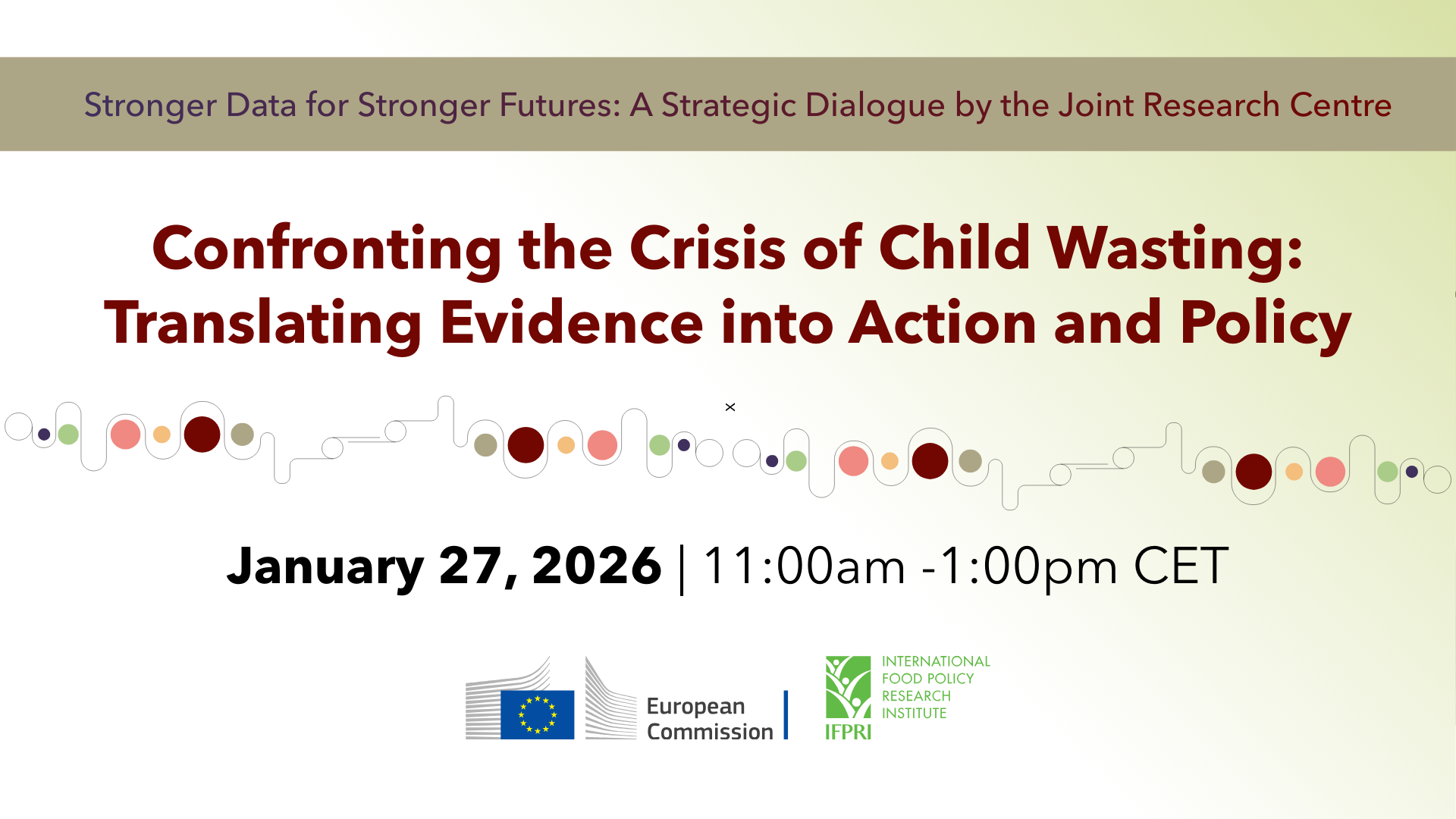
The livestream will be available on this page on January 27, 2026 at 11:00am – 1:00pm CET / 5:00am – 7:00am EST. Please type your questions into the chat box for the Q&A session. Hosted by the European Commission’s Joint Research Centre (JRC), this exchange will bring together global and country partners, technical experts and […]
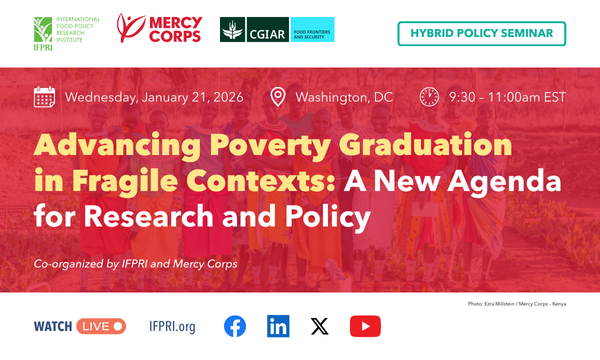
Multifaceted livelihoods interventions that target households in extreme poverty are extremely effective in reducing extreme poverty, with consistent gains in income, consumption, savings, and psychosocial well-being. These interventions, often called graduation models, have been widely evaluated, but most evidence comes from stable rural settings. In fragile and conflict-affected environments where poverty is increasingly concentrated, household-level […]
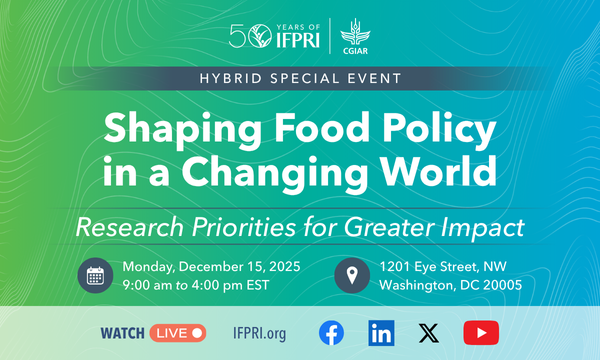
In today’s fast-changing world and evolving food systems, the need for evidence-based food policy has never been more urgent – demanding research that is timely, inclusive, and tailored to context. Reliable data and rigorous analysis are essential, but research must also evolve – and become more timely, more relevant, and more inclusive of diverse voices […]
The study, published in The Lancet Planetary Health, used IFPRI’s IMPACT model to assess how adopting the EAT-Lancet diet could affect calorie availability, share of income spent on food, nutrient availability, and food prices.
The Saarc Agriculture Centre (SAC) and the International Food Policy Research Institute (IFPRI) have signed a memorandum of understanding (MoU) to strengthen collaboration in food and agriculture research, policy analysis, and capacity building across South Asia, The Daily Star reported. The MoU was signed on September 25 in New York on the sidelines of the […]
The MoU was signed today by Secretary General of SAARC and Director General of IFPRI at the margins of the UN General Assembly this week in New York.

Director, Innovation Policy and Scaling (IPS), Innovation
Policy and Scaling

Director, Foresight and Policy Modeling (FPM), Foresight
and Policy Modeling

Research Fellow, Development
Strategies and Governance

Associate Research Fellow, Foresight
and Policy Modeling, Latin America and the Caribbean
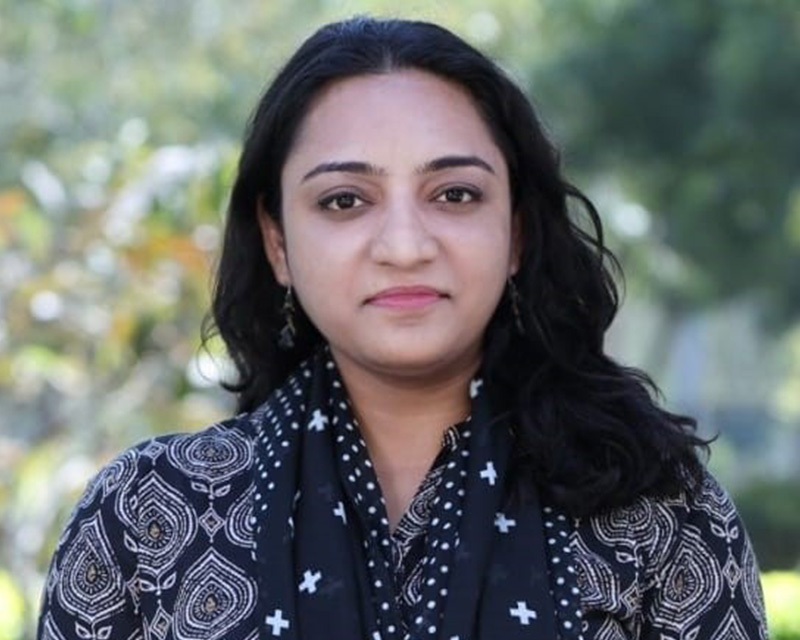
Senior Research Analyst, Natural
Resources and Resilience

Research Fellow , Innovation
Policy and Scaling

Research Specialist, Markets,
Trade, and Institutions

Project Manager, Development
Strategies and Governance

Scaling Specialist, Innovation
Policy and Scaling

Program Manager, Markets,
Trade, and Institutions

Nonresident Senior Fellow, Markets,
Trade, and Institutions

Nonresident Senior Fellow, Markets,
Trade, and Institutions
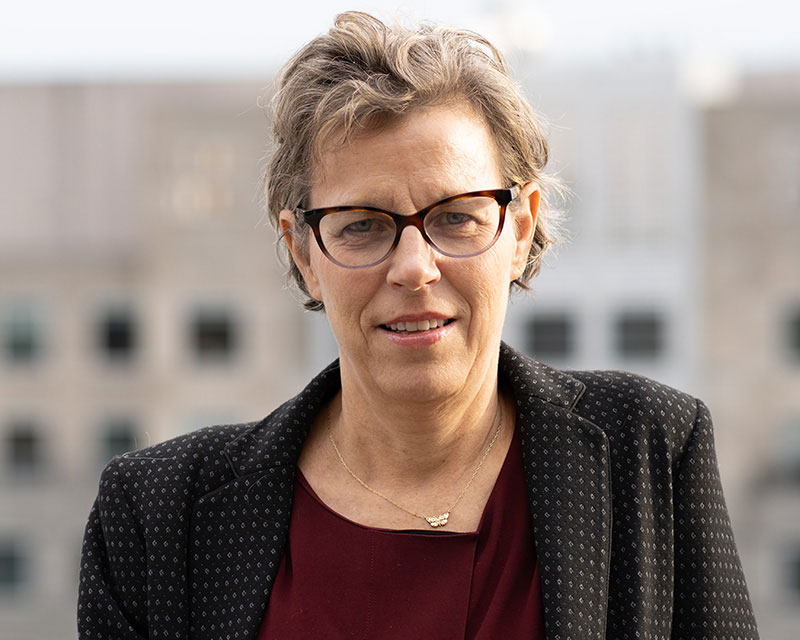
Director of Communications and Public Affairs, Communications
and Public Affairs (CPA)